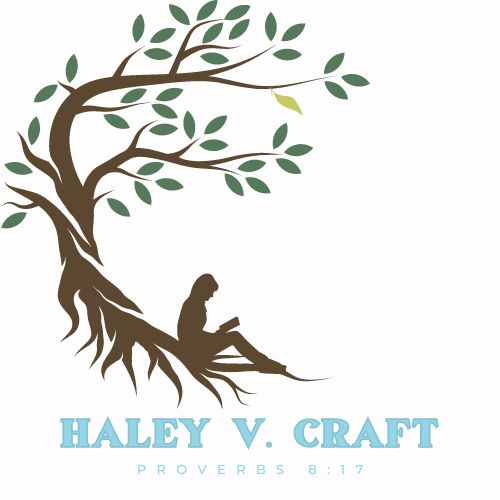I recently started a new Bible study on the book of Jonah from The Daily Grace Co. (It’s called Mercy in the Storm if you’re interested). I literally only bought it because there was a sale going on and if I bought one more item, I would get the company’s Theology Handbook for free. That and it had a pretty picture of water on the front. I really did my due diligence in picking this one.
Despite my lack of investment in the selection of this study, I’ve already been blessed through it, so I’m going to share a few things I’ve seen in the three days I’ve been doing the study.
While the study hasn’t focused on it specifically, the first few days have really brought my attention to Jonah’s suffering. We would probably all agree that Jonah didn’t have it easy during the events of his book of the Bible. First, he is called to go to one of the most brutal, oppressive conquering cities of the time to preach repentance—oh yeah, and it was also the capital city of the people who were prophesied to and eventually did conquer Israel and send her into exile. That may not be considered suffering strictly speaking, but it apparently wasn’t a particularly pleasant thought if it was enough to convince him to uproot his life and try to move to the other end of the known world at the time.
Then, in the middle of his journey, he finds himself in the midst of a horrible storm at sea which results in him being thrown overboard and swallowed by some sort of fish that he gets to hang out in for three days. And finally, when Jonah finally does what God has called him to do—albeit with a pretty bad attitude—we have that situation at the end of chapter four where Jonah sits down to watch what happens to the city and God both provides and then takes away a plant to shade him from the sun.
Here’s the uncomfortable truth I had to face when reading this book: when it comes to the storm, the fish, the plant, and the worm, God actively caused Jonah’s suffering.
For years I’ve been comfortable arguing that God doesn’t cause suffering but just allows it to happen because mankind’s free will has resulted in a broken world in which bad things happen. And that’s not entirely false. God does have more respect for our free will than anyone else in existence and He won’t force His healing presence on the world, but the book of Jonah doesn’t let us leave things there.
The key word is appointed. Even in English, it’s clear that this is something done intentionally, but as always, there’s more to find if we look at the original language. The word translated as appointed doesn’t refer to a random, but intentional assignment. It refers to something being assigned to someone for a specific purpose.
All of the suffering God assigned to Jonah wasn’t just a lightning bolt thrown his way because God was mad at him. It was assigned to him for a specific purpose, and if we look at what was going on, we can get an idea of what that purpose might have been.
When the storm and the fish pop up in Jonah’s story, he’s hightailing it in the opposite direction he was supposed to go. He heard what God asked him to do, and he responded with a big, “Heck no!” He was in open rebellion against God, and he didn’t turn around until he found himself marinading in the stomach of a fish.
Fast forward to after the mission is done and Jonah is angry with God. The mission was a success. The people of Nineveh repented, and as a result, God relented and didn’t destroy the city, but Jonah’s reaction was to throw a temper tantrum. Turns out, he ran in the opposite direction specifically because he knew that God prefers to be merciful. And to Jonah, seeing God give this mercy to the people of Nineveh is so bad he literally tries to lay down and die. He found a spot out of town, made a pitiful shelter, and decided to sit and watch to see if God would destroy the city anyway.
That’s what’s happening when God sends the plant and then sends the worm.
Both times Jonah is faced with suffering, it’s because he is in rebellion to God and His purpose. It’s discipline in the vein of Hebrews 12:6, and I see that most in the gentle questioning God uses at the end of the chapter to reveal His love for the people of Nineveh.
I am so thankful that the Lord’s discipline, even when it hurts, is so kind in its intentionality and purpose. It’s always to bring us back from our selfishness and sinfulness, so it’s always for our good. May we all be sensitive to the Lord’s leading the first time, but when we’re not, thanks be to God that He doesn’t give up on us!






0 Comments